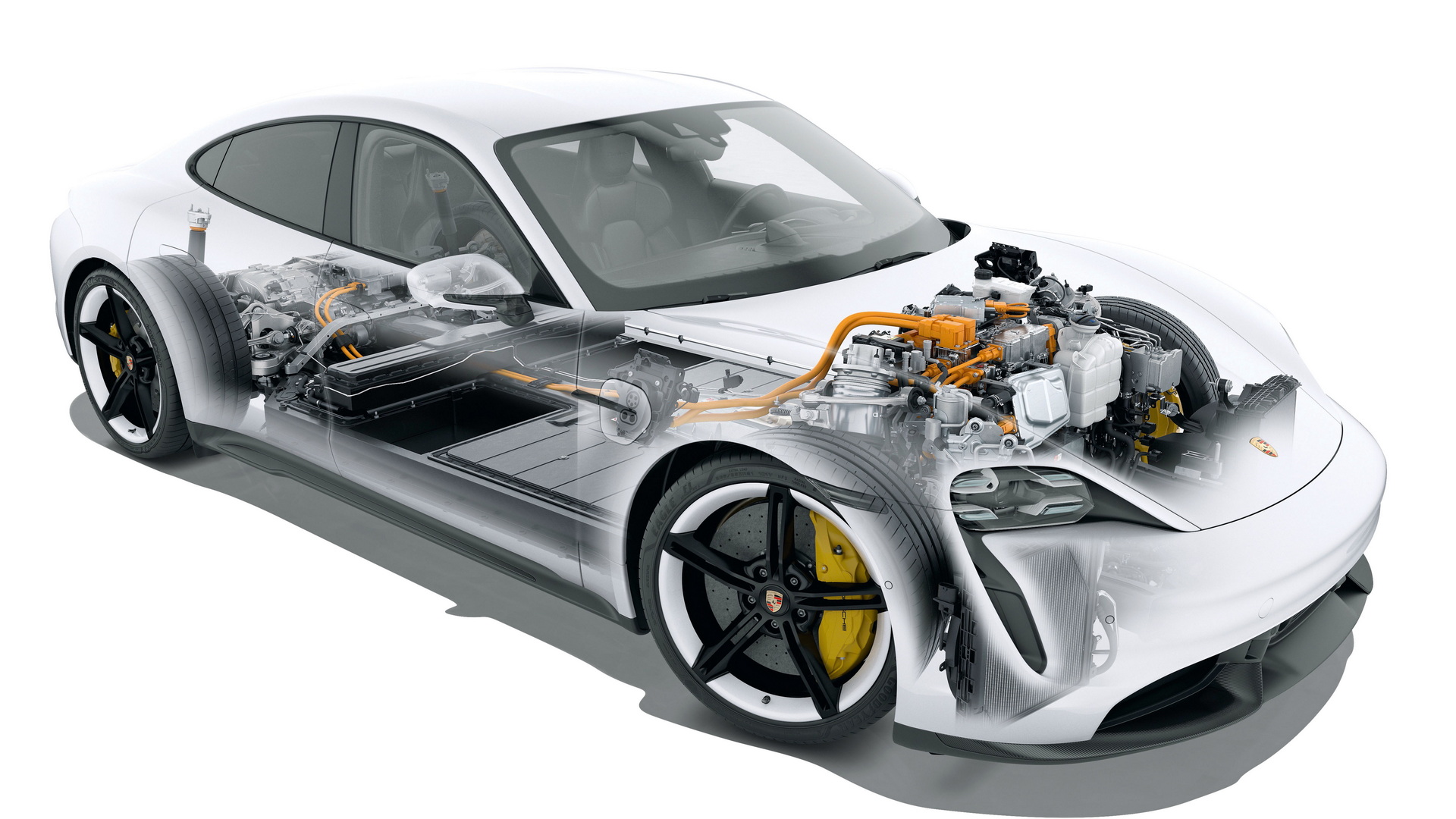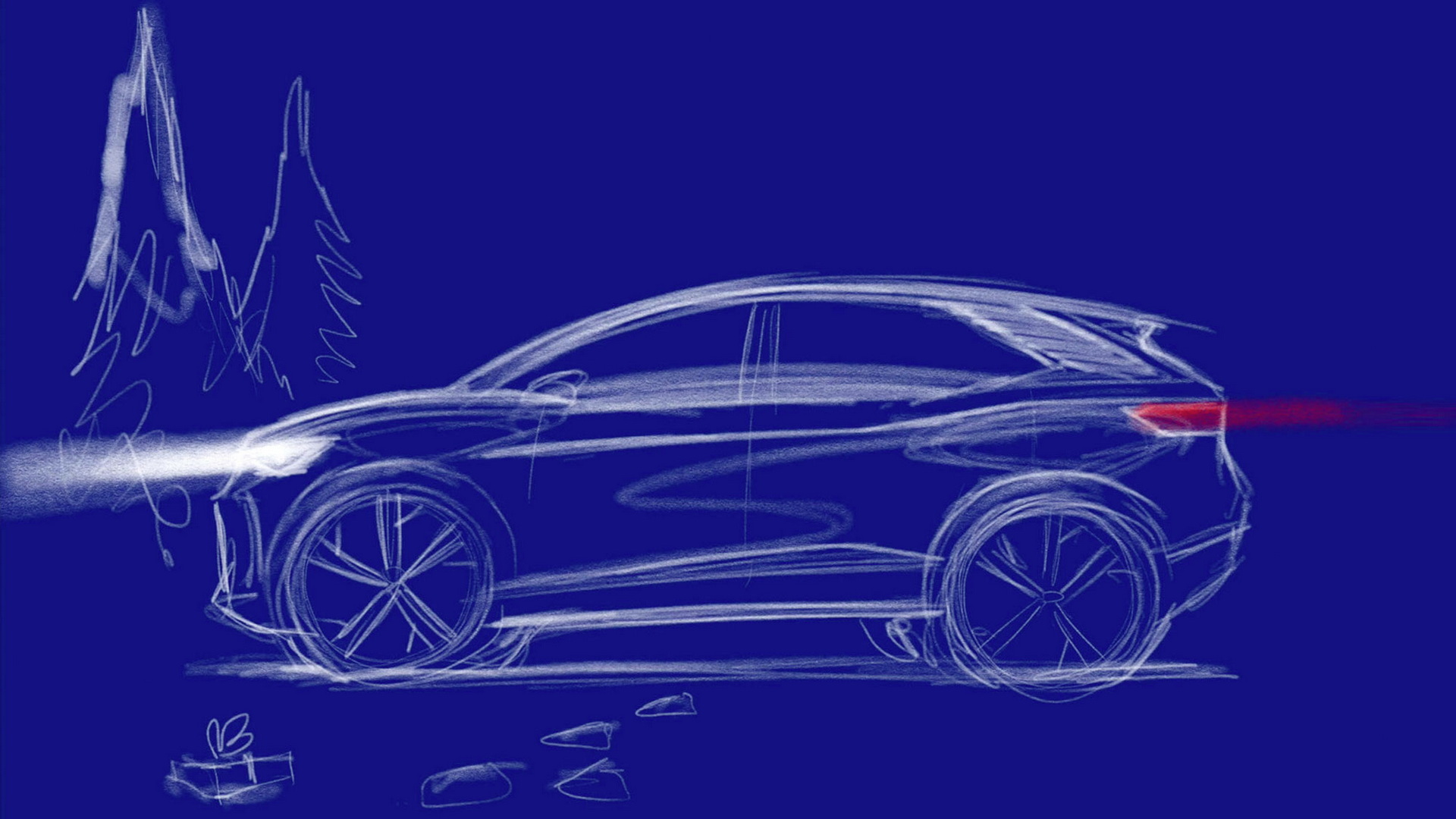Volkswagen wants to secure its electric vehicles battery supply with six new factories throughout Europe. The battery production sites will help the automaker achieve economies of scale and lower the price of EVs’ single most expensive part.
The company made the announcement today at its “Power Day” event, a showcase of future technologies for its electric vehicles. The factories will produce batteries that use a newly designed cell which will power 80% of all VW Group electric vehicles by 2030.
The battery cell will be launched in 2023 and will be optimized for easy production and recycling. The German automaker hopes that the new design will eventually reduce battery prices for entry-level vehicles by 50% and for volume-segment ones by 30%.
“We aim to reduce the cost and complexity of the battery and at the same time increase its range and performance,” said Thomas Schmall, Volkswagen’s head of technology. “This will finally make e-mobility affordable and the dominant drive technology.”
Also Read: VW Teases Project Trinity With Flagship, Fast-Charing, Long-Range EV
The batteries will be built at six “gigafactories” across Europe. The company says that, when complete, the new plants will collectively churn out 240 GWh of batteries per year, enough to produce the batteries for more than 5 million ID.3s in the vehicle’s lowest-range configuration.
The first two gigafactories will be set up in Salzgitter, Germany, and Skellefteå, Sweden. Its Swedish factory will produce lower-volume, higher-price batteries for the Group’s premium brands, while Salzgitter will be the first to produce the new-cell ones.
Volkswagen says that the new cell will be designed with a view to improvement. Although the batteries won’t be solid-state when they premiere, they are being designed to make adoption of the technology that’s described as the next quantum leap in battery tech as easy as possible. The automaker says it expects solid state technology to be ready just a few years after the new cell launches.
The company is also actively pursuing partnerships with energy companies to improve charging infrastructure across Europe. VW says it wants to operate 18,000 public fast-charging points across Europe by 2025 to make EVs more practical.
“E-mobility has become core business for us,” said Herbert Diess, Volkswagen Group CEO. “We secure a long-term pole position in the race for the best battery and best customer experience in the age of zero-emission mobility.”






